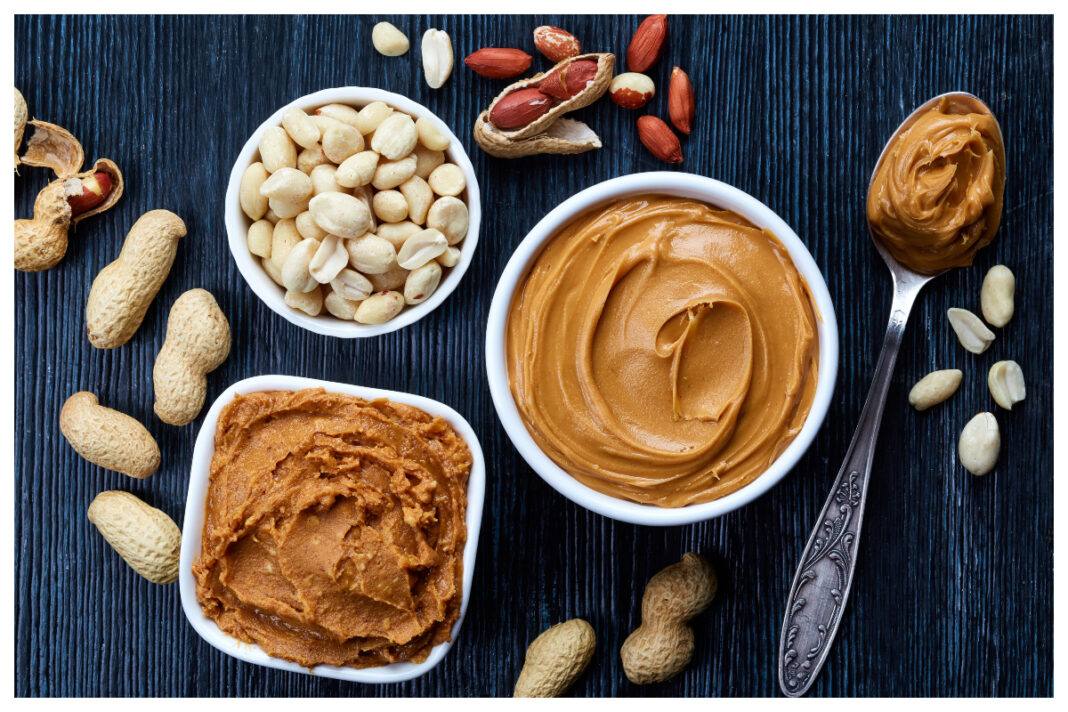To experience meaningful health advantages, it is absolutely essential to include enough high-protein foods in your diet. Getting enough protein-rich meals is essential for your health. Protein’s Daily Value (DV) is 50 grammes per day. The Indian Council of Medical Research (ICMR) recommends 48 grammes of protein per day, although the average protein consumption in India is far lower than this. India observes National Protein Day on February 27 each year to raise awareness of the importance of this macronutrient. This year, we’ve made the decision to discuss the value of protein and the sources through which you may obtain it. Review the list of high-protein foods as you continue reading.
Also, Read- Transform Your Mental Health with These 6 CBT Techniques.
On this National Protein Day, we’ll talk about the effects of protein deficiency.
Everyone is aware of and agrees with the numerous benefits of eating protein-rich meals. It is crucial that we monitor how much high-protein food we eat each day and make sure that our diets are balanced. A balanced diet should include both protein-rich meals and those that also include other vital elements. Not getting enough protein on a daily basis might potentially lead to some medical issues.
Some of these ailments that are solely brought on by a lack of sources of protein in our diet include:
1. Lack of attention
2. Weariness and fatigue
3. A slower rate of healing after a cold or sore throat
4. Unnecessary cravings for food
5. Muscle weakness
6. Unexpected weight increase
Understand the number and calibre of protein-rich foods that your body continually needs. The protein that contains all the necessary acids and is bio-accessible to your body’s needs is the greatest protein. Valine, isoleucine, leucine, and glutamine are some of them. Any of these deficiencies might lead to fatigue and muscle tears. On this National Protein Day, let’s make sure that people are informed about the signs of a lack of this macronutrient.
List of the Best High Protein Foods for Daily Consumption
- In honour of National Protein Day, here are the top protein-rich foods you may include in your diet and recommend to others:
1. Eggs for breakfast
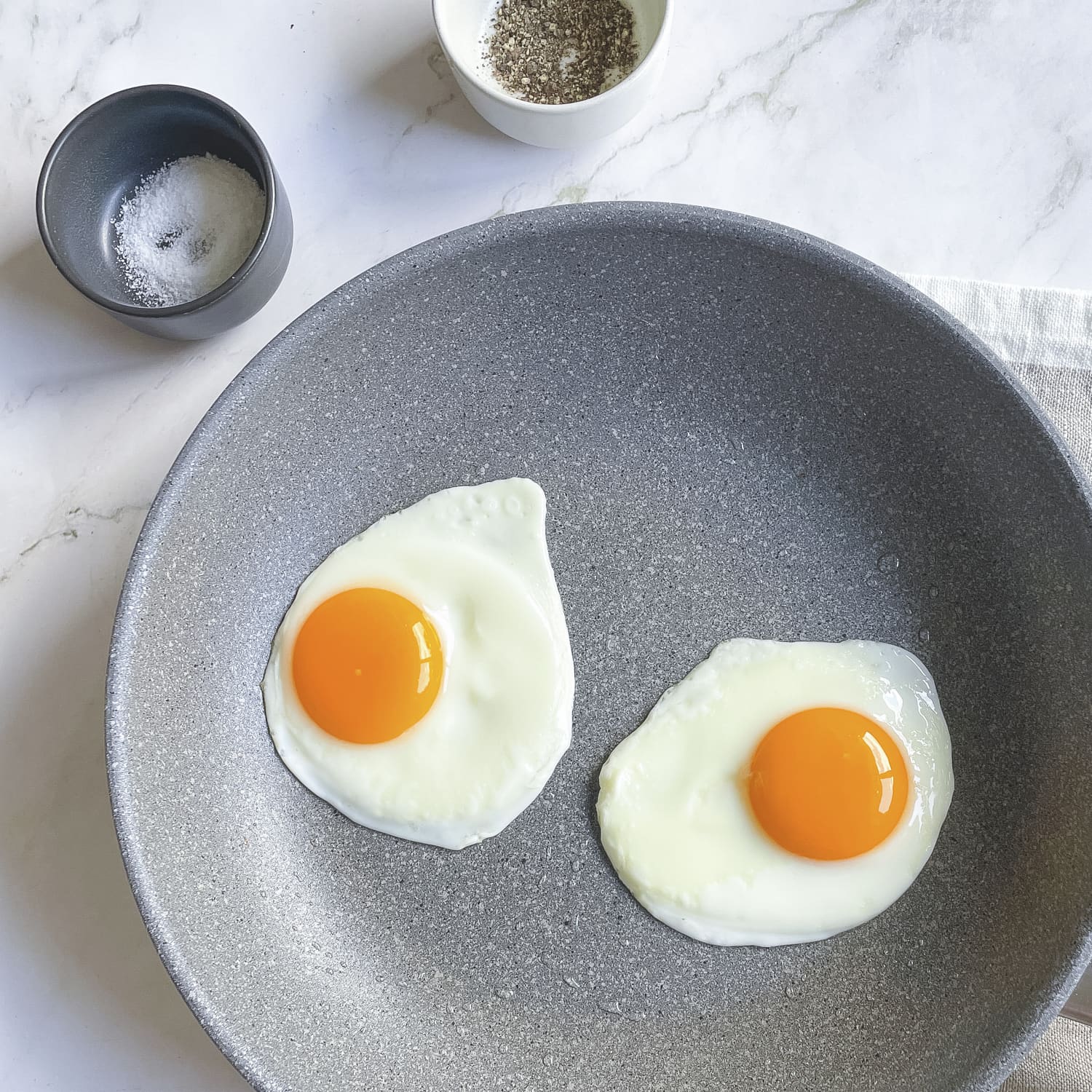
Most people, and with good reason, think of eggs when asked “what is the most protein-rich food?” One of the greatest sources of protein is two eggs for breakfast, which provide more than 12 gms of the nutrient. It is preferable to consume the entire egg rather than just the whites in order to guarantee that you are receiving the full range of nutritional benefits from your eggs. This is due to the fact that the yolks are loaded with vitamins, minerals, and other nutrients.
According to research, egg protein is very accessible, and both the egg white and the yolk stimulate the growth and strength of muscles. Leucine, possibly the most fundamental amino acid, is added to eggs. Try incorporating eggs, which provide 6 grammes of protein and are high in omega-3 fatty acids.
2. Cottage Cheese or Paneer
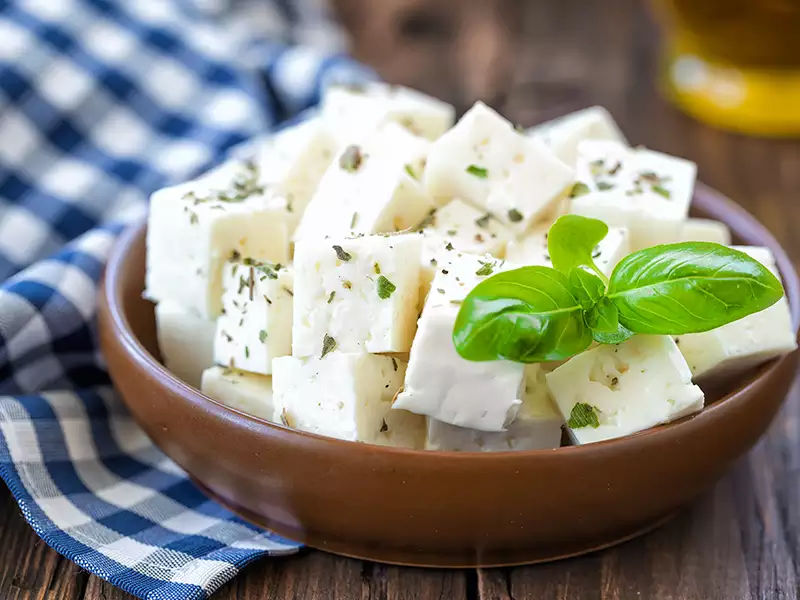
One of the greatest foods high in protein is paneer. You may easily meet your daily needs for protein in your diet with about 15 grammes of paneer. If you’re a vegetarian, paneer is an excellent option for proteins. All nine amino acids are present. Because paneer is one of the greatest high protein meals and because Indians often follow a grain-based diet, it is especially well suited to our eating patterns.
3. Almonds
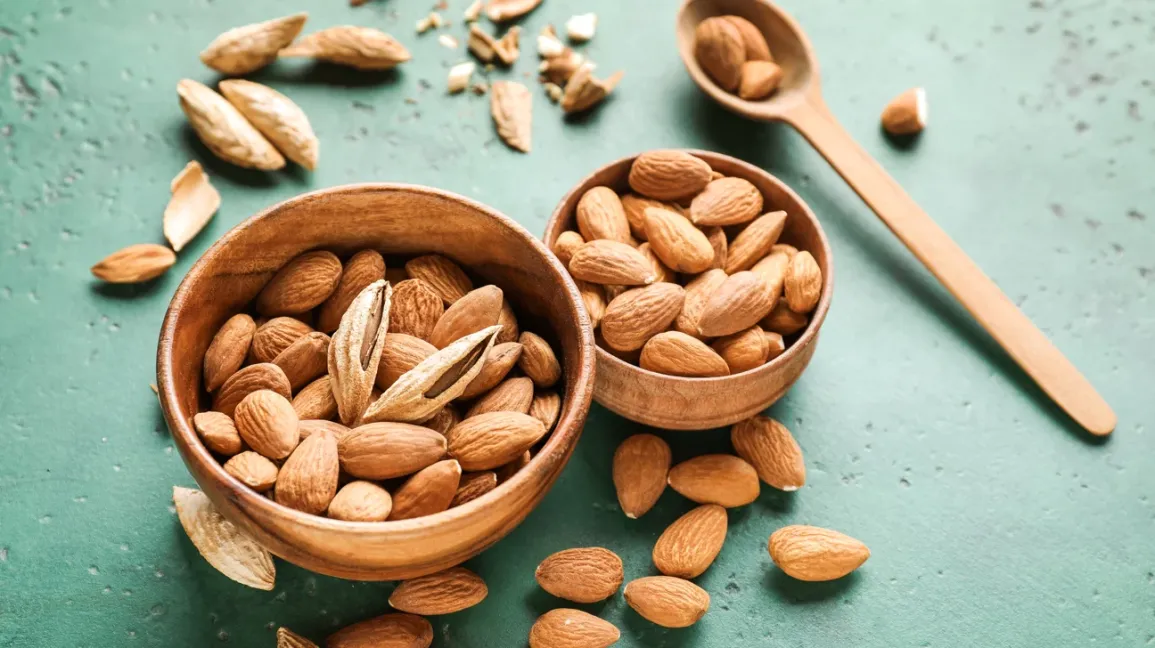
Due to their abundance in heart-healthy unsaturated fats, almonds are one of the top superfoods in the world. 164 calories, 6 grammes of protein, and 13 grammes of unsaturated fat are found in one nut. To simply add protein to your diet, very adaptable almonds may be added to rice, kheer, yoghurt, oats, salad, curd, cheddar, and oats.
4. Seafood and Fish
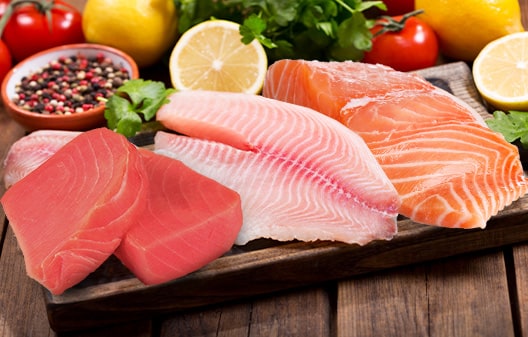
Fish is one of the most energetic food types you can eat, and it is especially recommended for athletes and those who are recovering from illness since it provides a boost of the Omega-3 unsaturated fatty acids DHA and EPA as well as proteins. The Indian tilapia fish is a fantastic diet for both your muscles and brain. Sardines, mussels, prawns, red snapper, salmon and shellfish can all be included on your list of high protein meals.
5. Whey Shakes
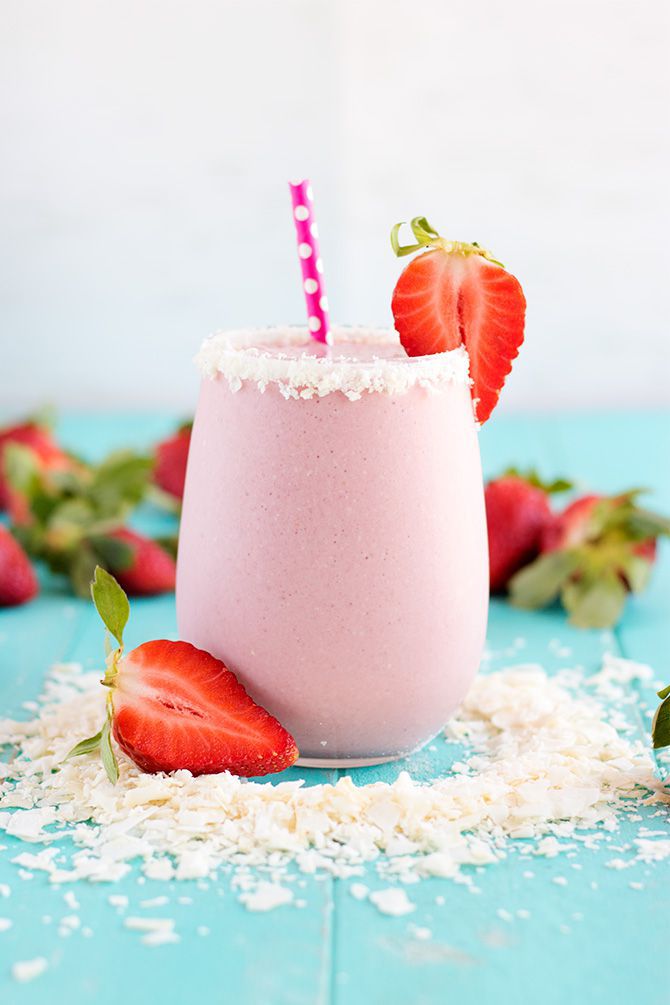
Protein smoothies are the next item on the list of high protein foods. Try include protein shakes in your breakfast menu if you want to make sure you have a nutritious breakfast that is high in protein. Whey supplements and protein powders are the ideal upgrades to your everyday smoothies, fruit juices, and milkshakes. To make the greatest protein meal, you can also add them to daals and drinks made with vegetables. Protein supplements derived from pea, soy, or egg proteins are available. Consider whey protein powder if you want to feel full longer. You receive 20 g of protein for every 28 g of whey protein powder.
6. Nut Butter
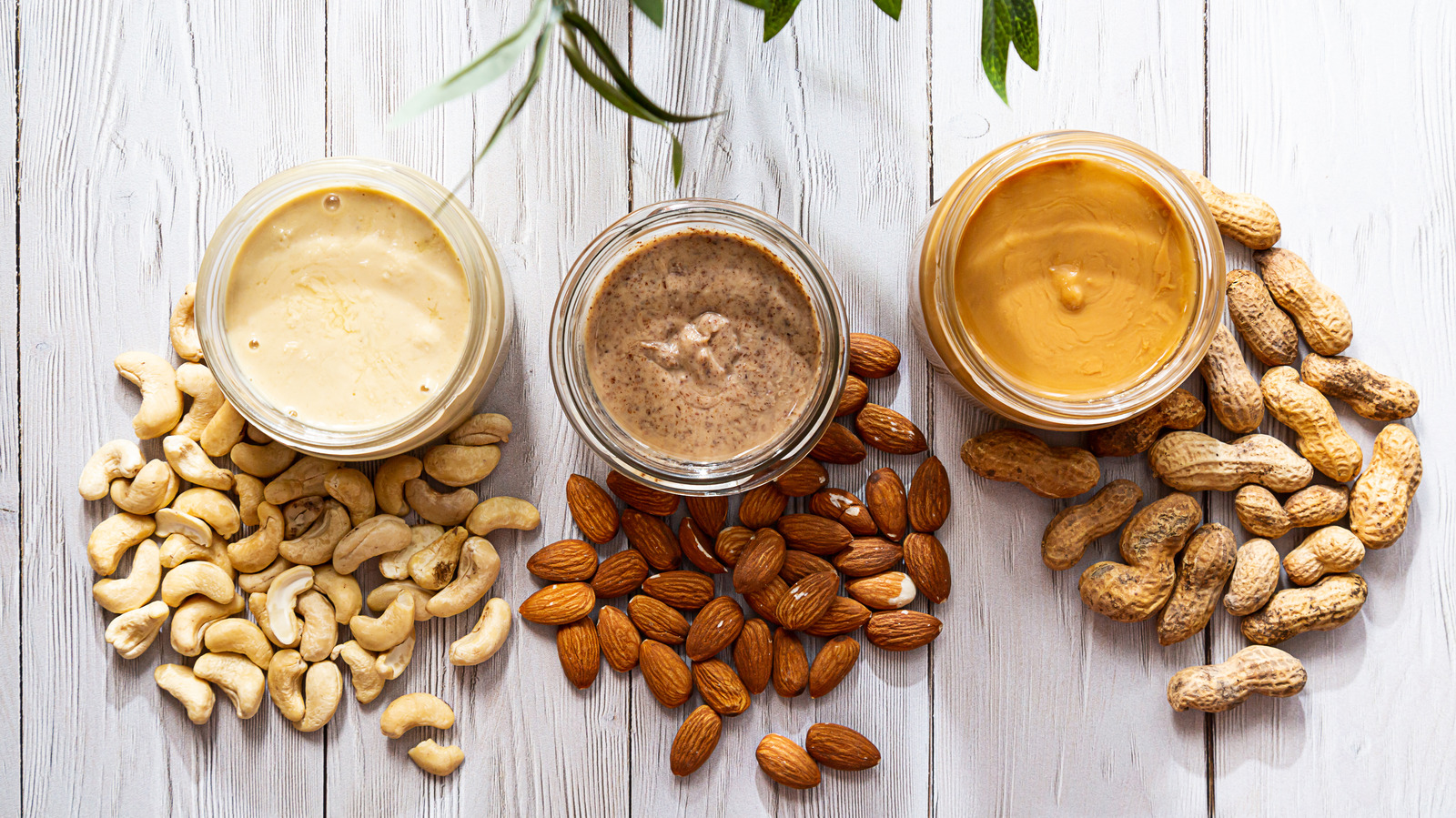
A delectable, high-protein meal with a velvety surface that pairs nicely with a variety of dishes is peanut butter. According to studies, peanut butter may have a number of health benefits, including a reduction in appetite, an increase in fat consumption, and a reduction in blood sugar levels. Additionally, peanut butter can enhance the flavour and health advantages of other organic foods like apples and pears, which are low in protein but high in fibre and cancer-fighting compounds. As a result, adding 2 tablespoons (32 grammes) of peanut butter to your meals will enable you to get 7 grammes of the recommended daily allowance.
Read More: How this breathing technique might help you get quick and better sleep.



